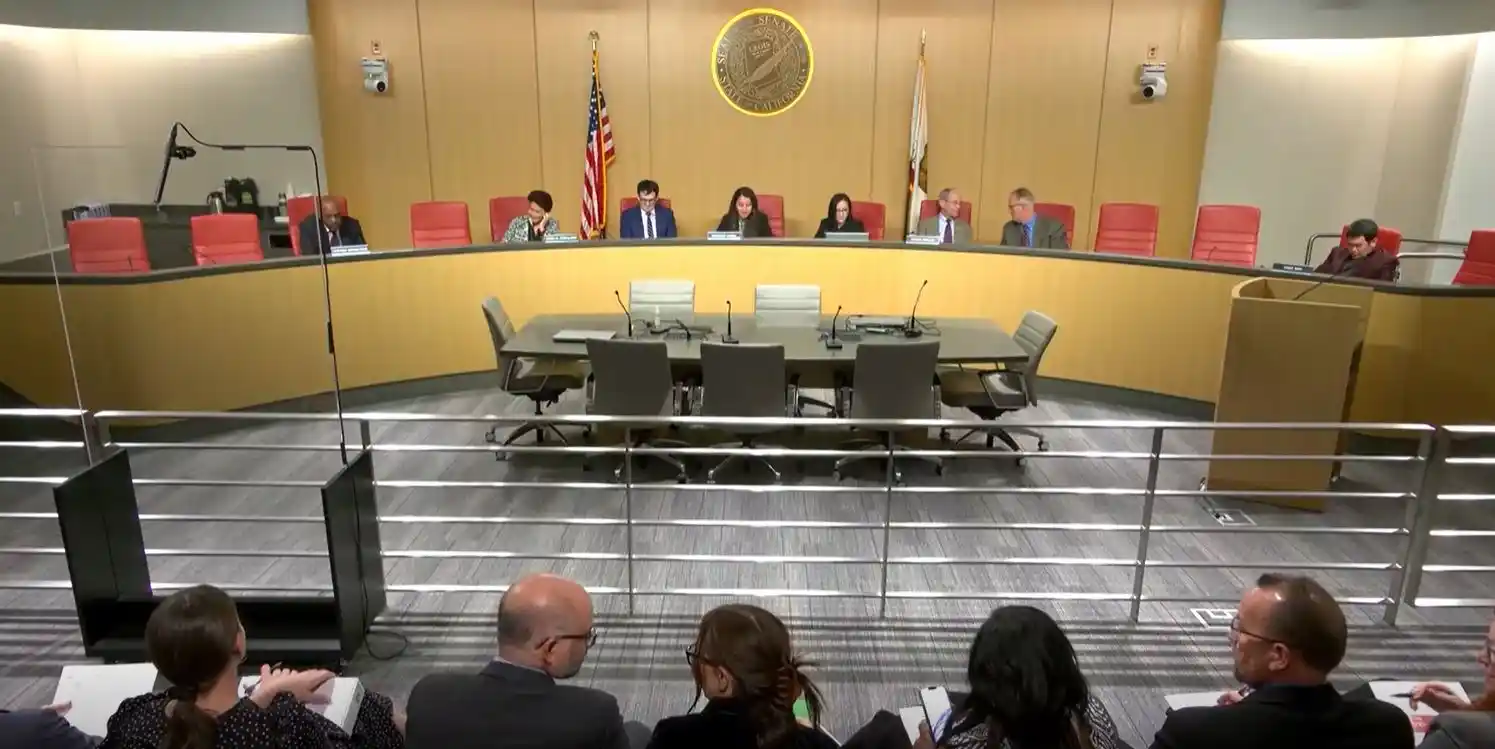Keeping up with changing regulations as a crypto business owner is a challenge, to say the least. An industry launched as an economical alternative to big finance finds itself increasingly subject to the same regulations in the U.S. that govern banks and other financial institutions.
While this regulation is necessary to prevent money laundering and other criminal activity, it can make operations for a business owner very difficult; especially when each state can make its own regulations that crypto businesses have to follow as well.
Many cryptocurrency businesses have taken the path of seeking “no action” letters (or “no opinion” letters) from the states they operate in so that they don’t have to comply with additional regulation. While that has worked in the past, it’s time to expect change.
What is a “no action” letter, and how can you be ready for increasing state regulation? We’ll share some tips here, but if you have specific questions, please reach out. We’re here to help make AML compliance more manageable.
What Is A Cryptocurrency ‘No Action’ Letter?
 Different states have taken different approaches to cryptocurrency within their borders. States like New York have taken the strictest approach to Bitcoin compliance with their Bitlicense, requiring a 30-page application and a $5,000 application fee.
Different states have taken different approaches to cryptocurrency within their borders. States like New York have taken the strictest approach to Bitcoin compliance with their Bitlicense, requiring a 30-page application and a $5,000 application fee.
Rhode Island and Nevada also require licenses, although the requirements are far less stringent. Nevada considered adopting the stricter Uniform Law Commission’s Virtual Currency Businesses Act in early 2019 but ultimately decided against it – for now.
Many other states, however, don’t have regulation for AML compliance at this time. A business in this type of state can ask for a so-called “no action” letter, which essentially says that the state doesn’t have specific rules or regulations for a crypto company. Then, the company can keep this on file and check in regularly to ensure nothing has changed.
But this method can’t last.
Relying On ‘No Action’ Is Unsustainable
A “no action” letter might seem like the ideal answer to operating in specific states, but it’s important to remember that it’s a short-term solution. States recognize that cryptocurrency is on the rise and are learning, observing, and gathering data for their own regulations.
Many states are using the Uniform Law Commission’s (ULC’s) statutory framework for the Virtual Currency Business Act as a foundation for their own laws. They see it as a starting point, adding some elements and removing others as they see fit.
For instance, California used the ULC framework for AB 1489 (BitAML was represented in the galley at the first public hearing for this law in October 2019). A state like California adopting this legislation would influence a lot of other states to do the same.
It’s vital to be prepared for changes in cryptocurrency compliance at the state level. But how?
How Crypto Businesses Can Prepare For State Regulation
If you are a business that operates in multiple states, the idea of managing dozens of different regulators might make you break out in a cold sweat. However, keep in mind that each state is considering the same base legislation, which can help you tremendously.
Being successful means having a strong crypto AML compliance program in place and then making sure it meets the specific requirements in each state you do business in.
Here are some concrete steps to take.
1. Develop Good Relationships With Regulators
Regulators are not the enemy, and if you approach them as an ally you’ll have a much better chance of influencing and meeting state-specific requirements.
Regulators and crypto companies often misunderstand each other and make unhelpful assumptions about each other’s motives. The truth is you have the same goal: to create a cryptocurrency market that is fair, safe from illegal activity, competitive, and thriving.
Build open communication with regulators in each state you operate within. This way you can have a better chance of staying up-to-date with changes and possible laws. You also have the opportunity to give feedback to regulators, which can help them create better rules.
Make an effort to ask questions, connect regularly, and maintain a good relationship. It will help you tremendously as the industry grows.
2. Keep Tabs On States You May Expand To In The Future
Beyond your current states, think about your overall plan for growth and expansion. Begin to connect and communicate with regulators in the states you might expand to as well.
As a money services business, you have important information to share and can help regulators as they consider how to implement the ULC framework or other licensing laws.
Even if you don’t currently do business there, the fact that you’re considering it may influence the department – and you can advocate for other companies that are in the state already.
3. Keep Your Cryptocurrency Compliance Program Strong
Finally, the most important way to be prepared for future legislation is by having a strong AML compliance program now. If you’re proactive at knowing your customer, customer due diligence, and reporting red flags, it will give you a good foundation for state licensing.
Every money transmitter needs to be committed to monitoring transactions carefully, filing required reports, and tracking customer activity. This prevents illegal activity and helps the cryptocurrency industry gain legitimacy in the eyes of both customers and regulators.
If the state you are in changes their rules, they may need your AML compliance program information, and having everything in order will help you look great to regulators.
Key Takeaways For Cryptocurrency Businesses
Having a “no action” letter is a nice way to cover your bases when it comes to state regulation – for the moment. Unfortunately, it’s unsustainable as states continue to learn and grow when it comes to cryptocurrency.
As a crypto business, you have to be ready for changes in state regulation. Start by building good relationships with regulators in states you operate in, and in states you’re considering for the future. Also, avoid compliance mistakes and keep your AML program strong.
If you want more assistance preparing your AML compliance program for state regulations, we can help. Simply reach out for a free consultation. We look forward to hearing from you!


